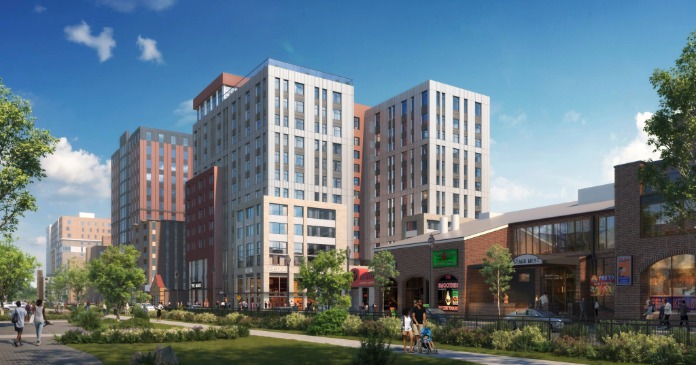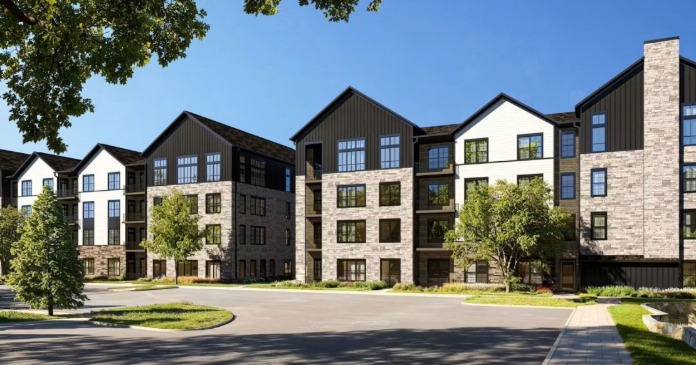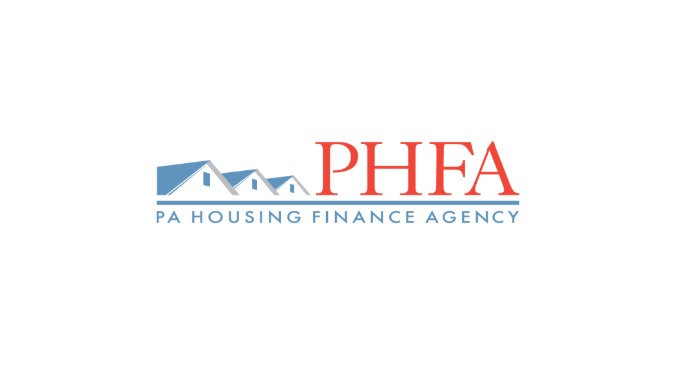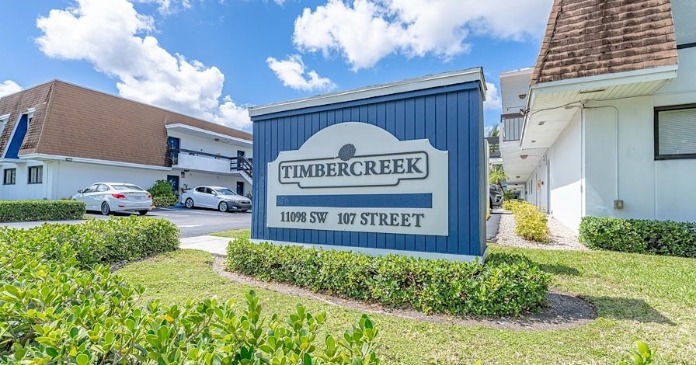
The U.S. Department of Housing and Urban Development’s Office of Multifamily Housing Programs announced the recent completion of a Rental Assistance Demonstration (RAD) transaction with the Town of Chapel Hill Department of Housing. Through the transaction, the Town of Chapel Hill contracted with Community Housing Partners of Richmond, Virginia to finance the construction of 54 affordable rental homes at Trinity Court Apartments in Chapel Hill, North Carolina.
“We know the key to bringing down housing costs – we need to build more affordable homes,” said HUD Acting Secretary Adrianne Todman. “Each and every day, we are building new homes to meet the needs of our growing nation. Today, thanks to collaboration with our partners, 54 new affordable homes will be built for families in Chapel Hill, North Carolina.”
“Building brand new homes is crucial to addressing the shortage of affordable housing options that is affecting households across the nation,” said Assistant Secretary for Housing and Federal Housing Commissioner Julia Gordon. “The Biden-Harris administration is committed to ensuring that individuals and families can live in vibrant neighborhoods with access to safe and quality housing.”
The total construction cost for the Trinity Court project is $14.8 million, or approximately $275,000 per home, and will be financed through a combination of 9 percent Low Income Housing Tax Credits, a Commercial First Mortgage Loan, and funding from the North Carolina Housing Finance Agency’s Affordable Housing and Community Connections Department, the Town of Chapel Hill Department of Housing, and from NeighborWorks.
RAD was designed to help address the multi-billion-dollar nationwide backlog of deferred maintenance in the public housing portfolio and to stem the loss of affordable housing that could no longer be kept to decent standards. From the program’s inception through June 1, 2024, the Rental Assistance Demonstration has facilitated more than $19.5 billion in capital investment to improve or replace over 220,000 deeply rent-assisted homes, most of which house extremely low-income families, seniors, and persons with disabilities.
Under RAD, projects funded under the public housing program convert their public housing assistance to project-based Section 8 rental assistance. Under Section 8, residents continue to pay 30% of their income towards rent and the housing must continue to serve those with very low and extremely low incomes, as was the case when the property was assisted through the public housing program. Residents must be notified and consulted prior to conversion, are given a right to return to assisted housing post-construction so that the same tenants can enjoy these newly preserved and improved apartments and maintain the same fundamental rights they had as public housing residents.












